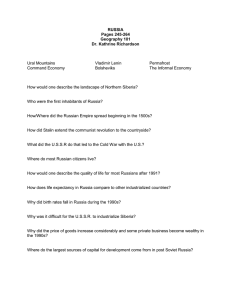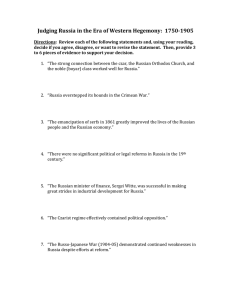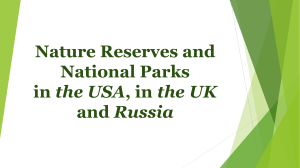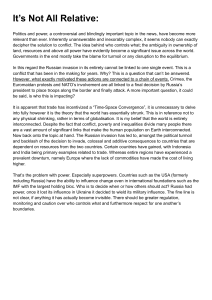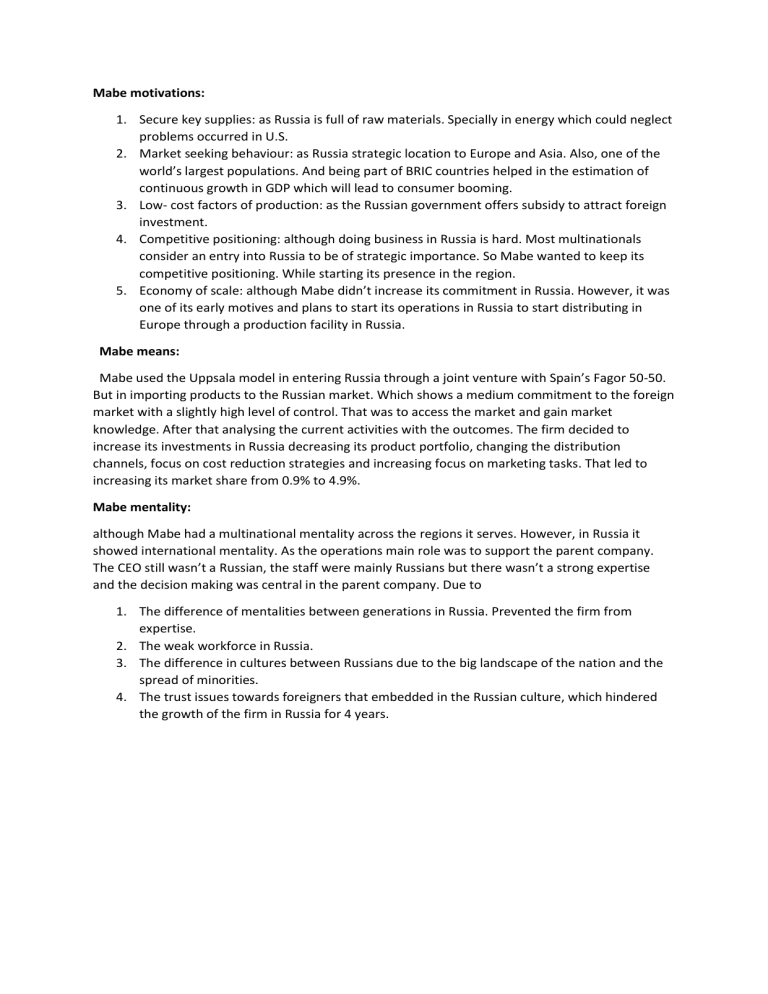
Mabe motivations: 1. Secure key supplies: as Russia is full of raw materials. Specially in energy which could neglect problems occurred in U.S. 2. Market seeking behaviour: as Russia strategic location to Europe and Asia. Also, one of the world’s largest populations. And being part of BRIC countries helped in the estimation of continuous growth in GDP which will lead to consumer booming. 3. Low- cost factors of production: as the Russian government offers subsidy to attract foreign investment. 4. Competitive positioning: although doing business in Russia is hard. Most multinationals consider an entry into Russia to be of strategic importance. So Mabe wanted to keep its competitive positioning. While starting its presence in the region. 5. Economy of scale: although Mabe didn’t increase its commitment in Russia. However, it was one of its early motives and plans to start its operations in Russia to start distributing in Europe through a production facility in Russia. Mabe means: Mabe used the Uppsala model in entering Russia through a joint venture with Spain’s Fagor 50-50. But in importing products to the Russian market. Which shows a medium commitment to the foreign market with a slightly high level of control. That was to access the market and gain market knowledge. After that analysing the current activities with the outcomes. The firm decided to increase its investments in Russia decreasing its product portfolio, changing the distribution channels, focus on cost reduction strategies and increasing focus on marketing tasks. That led to increasing its market share from 0.9% to 4.9%. Mabe mentality: although Mabe had a multinational mentality across the regions it serves. However, in Russia it showed international mentality. As the operations main role was to support the parent company. The CEO still wasn’t a Russian, the staff were mainly Russians but there wasn’t a strong expertise and the decision making was central in the parent company. Due to 1. The difference of mentalities between generations in Russia. Prevented the firm from expertise. 2. The weak workforce in Russia. 3. The difference in cultures between Russians due to the big landscape of the nation and the spread of minorities. 4. The trust issues towards foreigners that embedded in the Russian culture, which hindered the growth of the firm in Russia for 4 years.

